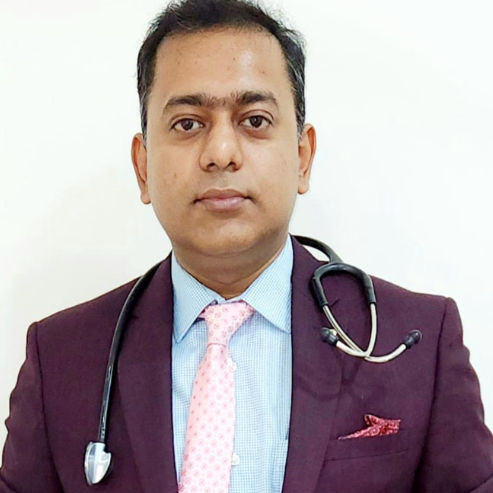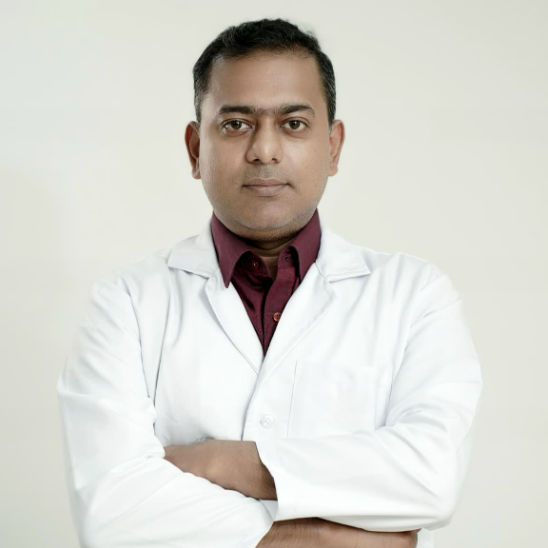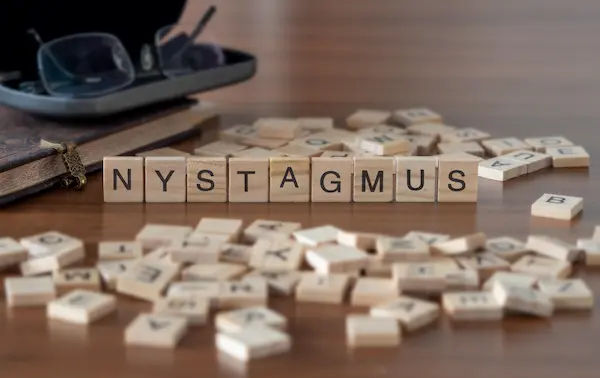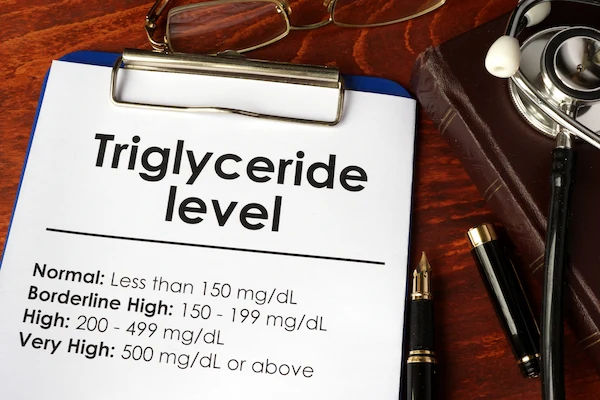Acute Myeloid Leukaemia Overview and Treatment
Learn about acute myeloid leukaemia (AML), including its symptoms, causes, diagnosis, and available treatment options for effective management of this aggressive blood cancer.


Introduction
Acute Myeloid Leukaemia (AML) is a type of blood cancer that affects the bone marrow and blood cells. It progresses quickly and requires prompt medical attention. If you or a loved one has been diagnosed with AML, it’s natural to feel overwhelmed. This article aims to explain AML in simple terms, covering its symptoms, causes, treatment options, and ways to manage the condition.
What is Acute Myeloid Leukaemia (AML)?
AML is a cancer of the blood and bone marrow, where abnormal white blood cells (myeloid cells) grow uncontrollably. These immature cells, called blasts, crowd out healthy blood cells, leading to infections, anaemia, and bleeding problems.
Unlike chronic leukaemias, which develop slowly, AML progresses rapidly and needs immediate treatment. It can affect both adults and children, though it is more common in older adults.
Consult a Haemato Oncologist for the best advice
Symptoms of AML
AML symptoms often appear suddenly and may include:
- Fatigue and weakness (due to low red blood cells)
- Frequent infections (due to low healthy white blood cells)
- Easy bruising or bleeding (due to low platelets)
- Shortness of breath
- Pale skin (sign of anaemia)
- Fever and night sweats
- Bone or joint pain
- Swollen gums or skin rashes
If you experience these symptoms, consult a doctor immediately for further evaluation.
Causes and Risk Factors
The exact cause of AML is unknown, but certain factors increase the risk:
- Age – More common in people over 60.
- Previous cancer treatments – Chemotherapy or radiation therapy for other cancers.
- Genetic disorders – Conditions like Down syndrome increase risk.
- Exposure to chemicals – Benzene (found in some industrial chemicals) and smoking.
- Blood disorders – Myelodysplastic syndrome (MDS) can develop into AML.
How is AML Diagnosed?
If AML is suspected, doctors may recommend:
1. Blood tests – To check abnormal cell counts.
2. Bone marrow biopsy – A small sample is taken from the bone marrow to confirm AML.
3. Genetic testing – Helps determine the best treatment approach.
Early diagnosis improves treatment success, so don’t delay medical advice if symptoms persist.
Get Your Health Assessed
Treatment Options for AML
Treatment depends on age, overall health, and genetic factors. Common approaches include:
1. Chemotherapy
- The main treatment for AML, using strong drugs to kill cancer cells.
- Given in cycles, often requiring hospital stays.
2. Targeted Therapy
- Uses drugs that attack specific cancer cell mutations (e.g., FLT3 or IDH inhibitors).
- Fewer side effects than chemotherapy.
3. Stem Cell Transplant (Bone Marrow Transplant)
- Replaces diseased bone marrow with healthy stem cells from a donor.
- Used for high-risk AML or after relapse.
4. Radiation Therapy
- Sometimes used before a stem cell transplant or if cancer spreads to the brain.
5. Supportive Care
- Blood transfusions, antibiotics, and medications to manage side effects.
Your doctor will create a personalized treatment plan based on your condition.
Living with AML: Tips for Patients and Caregivers
Managing AML can be challenging, but these steps can help:
1. Follow Medical Advice Strictly
- Attend all appointments and take medications as prescribed.
2. Maintain a Healthy Diet
- Eat nutritious foods to support immunity (fruits, vegetables, lean proteins).
- Stay hydrated and avoid raw foods that may carry infection risks.
3. Prevent Infections
- Wash hands frequently.
- Avoid crowded places during treatment.
4. Stay Active (As Permitted)
- Gentle exercises like walking can improve energy levels.
5. Emotional Support
- Join support groups or talk to a counsellor.
- Family and friends play a crucial role in recovery.
When to Seek Immediate Help?
Contact your doctor if you experience:
- High fever or severe infection.
- Uncontrolled bleeding.
- Extreme fatigue or difficulty breathing.
Can AML Be Prevented?
Since the exact cause is unknown, prevention isn’t always possible. However, reducing exposure to risk factors (like smoking and benzene) may help.
Hope and Advances in AML Treatment
Medical research has led to better treatments, improving survival rates. New therapies like immunotherapy and precision medicine offer hope for better outcomes.
Final Thoughts
AML is a serious condition, but early detection and treatment can improve outcomes. Stay informed, follow medical advice, and seek support when needed. You are not alone in this journey; medical advancements and a strong support system can help you fight AML effectively.
Consult a Haemato Oncologist for the best advice
Consult a Haemato Oncologist for the best advice

Dr Minakshi Bansal
Paediatric Haematologist
8 Years • MBBS, MD PEDIATRICS, FIAP (PHO)
Delhi
Apollo Hospitals Indraprastha, Delhi
(25+ Patients)

Dr. Rupam Manna
Radiation Specialist Oncologist
7 Years • MBBS MD(RADIO THERAPY), CCEBDM
Barasat
Diab-Eat-Ease, Barasat

Dr. Sanchayan Mandal
Medical Oncologist
17 Years • MBBS, DNB Raditherapy, DrNB Medical Oncology
East Midnapore
VIVEKANANDA SEBA SADAN, East Midnapore

Dr.sanchayan Mandal
Medical Oncologist
17 Years • MBBS, DrNB( MEDICAL ONCOLOGY), DNB (RADIOTHERAPY),ECMO. PDCR. ASCO
Kolkata
Dr. Sanchayan Mandal Oncology Clinic, Kolkata

Dr. Sanchayan Mandal
Medical Oncologist
17 Years • MBBS, DrNB( MEDICAL ONCOLOGY), DNB (RADIOTHERAPY),ECMO. PDCR. ASCO
Kolkata
MCR SUPER SPECIALITY POLY CLINIC & PATHOLOGY, Kolkata
Consult a Haemato Oncologist for the best advice

Dr Minakshi Bansal
Paediatric Haematologist
8 Years • MBBS, MD PEDIATRICS, FIAP (PHO)
Delhi
Apollo Hospitals Indraprastha, Delhi
(25+ Patients)

Dr. Rupam Manna
Radiation Specialist Oncologist
7 Years • MBBS MD(RADIO THERAPY), CCEBDM
Barasat
Diab-Eat-Ease, Barasat

Dr. Sanchayan Mandal
Medical Oncologist
17 Years • MBBS, DNB Raditherapy, DrNB Medical Oncology
East Midnapore
VIVEKANANDA SEBA SADAN, East Midnapore

Dr.sanchayan Mandal
Medical Oncologist
17 Years • MBBS, DrNB( MEDICAL ONCOLOGY), DNB (RADIOTHERAPY),ECMO. PDCR. ASCO
Kolkata
Dr. Sanchayan Mandal Oncology Clinic, Kolkata

Dr. Sanchayan Mandal
Medical Oncologist
17 Years • MBBS, DrNB( MEDICAL ONCOLOGY), DNB (RADIOTHERAPY),ECMO. PDCR. ASCO
Kolkata
MCR SUPER SPECIALITY POLY CLINIC & PATHOLOGY, Kolkata





